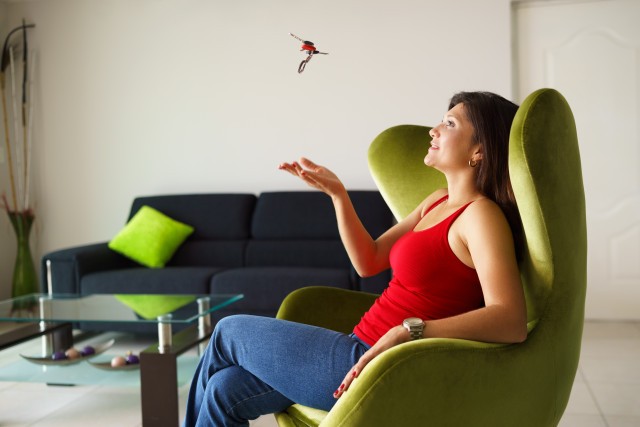
Buying a house will always be cheaper than renting in the long run, wherever it is in Portugal, according to accounts based on data from the National Institute of Statistics (Instituto Nacional de Estatística or INE).
In the current real estate context of high prices in the rental market, paying off a mortgage from the bank would be the same as paying 18 years’ worth of rent. The same is true in regions where real estate pressure is greatest today, with sales prices greatly inflated compared to the national average.
The Portuguese economics newspaper ECO did the maths on the basis of the average values per square metre, of rent and sale, for each district capital of the country, all of which is available from the INE.
While in the case of rentals, only the amount of rent was considered, for sales, as the newspaper points out, there are two factors to be taken into account: the value of the sale in the first place; and secondly, the costs that the ownership of a house implies like the monthly instalment of the loan contracted to buy the house (including the amount of the loan, interest, insurance and commissions). This is based on the calculations of the Banco de Portugal simulator, the IMI Tax payable each year, the Municipal Property Transfer Tax (IMT) and the stamp duty payable at the time of purchase.
For rentals and purchases alike, the newspaper excluded expenses such as water, electricity and gas from their study.
Doing the sums
When they put all these data into their calculations, in turned out that buying a house of 100 square metres or 1000 square feet in Portugal costs an average of 93,200 euro, while renting the same house costs 439 euro per month.
In other words, before the tenant has lived in the house for 18 years, he or she would have already paid enough to buy the house (assuming the rent remained the same during that period). Most of the mortgages contracted with banks for the purchase of homes are for more than 30 years, according to the Bank of Portugal.
The online newspaper adds that it may even take less than 18 years in some areas. In Braga, Santarém and Beja, tenants would not even need to rent a house for 15 years to have paid it off. In Lisbon, it takes 21 years to pay the total value of the house in rent.
Values vary from region to region, but there is one thing in common: at the end of the month, even with the costs of taxes, insurance, fees and interest associated with bank loans, renting always costs more than buying, with the differences reaching as much as 60%.
Which city has the greatest differences between renting and buying?
Lisbon, the most expensive area in the country both to rent and buy a house, is the city where the difference between the two is smallest, according to ECO’s calculations. Renting a house in the capital has an average cost of 962 euro per month, whereas buying the same house would cost 243,800 euro. When all expenses are accounted for at the end of the month, the owner of a house in Lisbon will have to pay for 30 years, 853 euro per month.
In Porto, Portugal’s second city where housing costs are also much higher than the national average, the rent for a 100-square-metre/1000-square-foot house is 677 euro per month. The monthly cost of the purchase of the same house would be 450 euro per month, over 30 years.
At the other end of the spectrum, Beja is the city where the difference between rental and purchase costs is greatest: it costs 68.9% more to lease than to buy. Wherever you’re looking for a property in Portugal, though, buying will always be cheaper than long-term rental.
From the original Portuguese article: Comprar ou arrendar? Em 18 anos, rendas pagam o valor da casa toda (Eco)